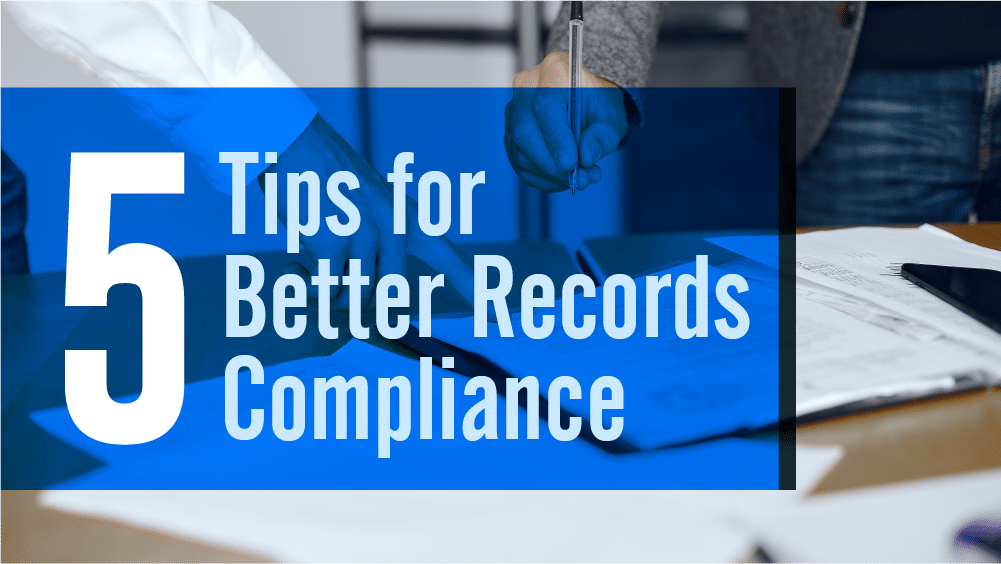
5 Tips for Better Records Compliance
Staying compliant within your industry can be a challenge. Develop your records compliance strategy with these five tips.

Staying compliant within your industry can be a challenge. Develop your records compliance strategy with these five tips.
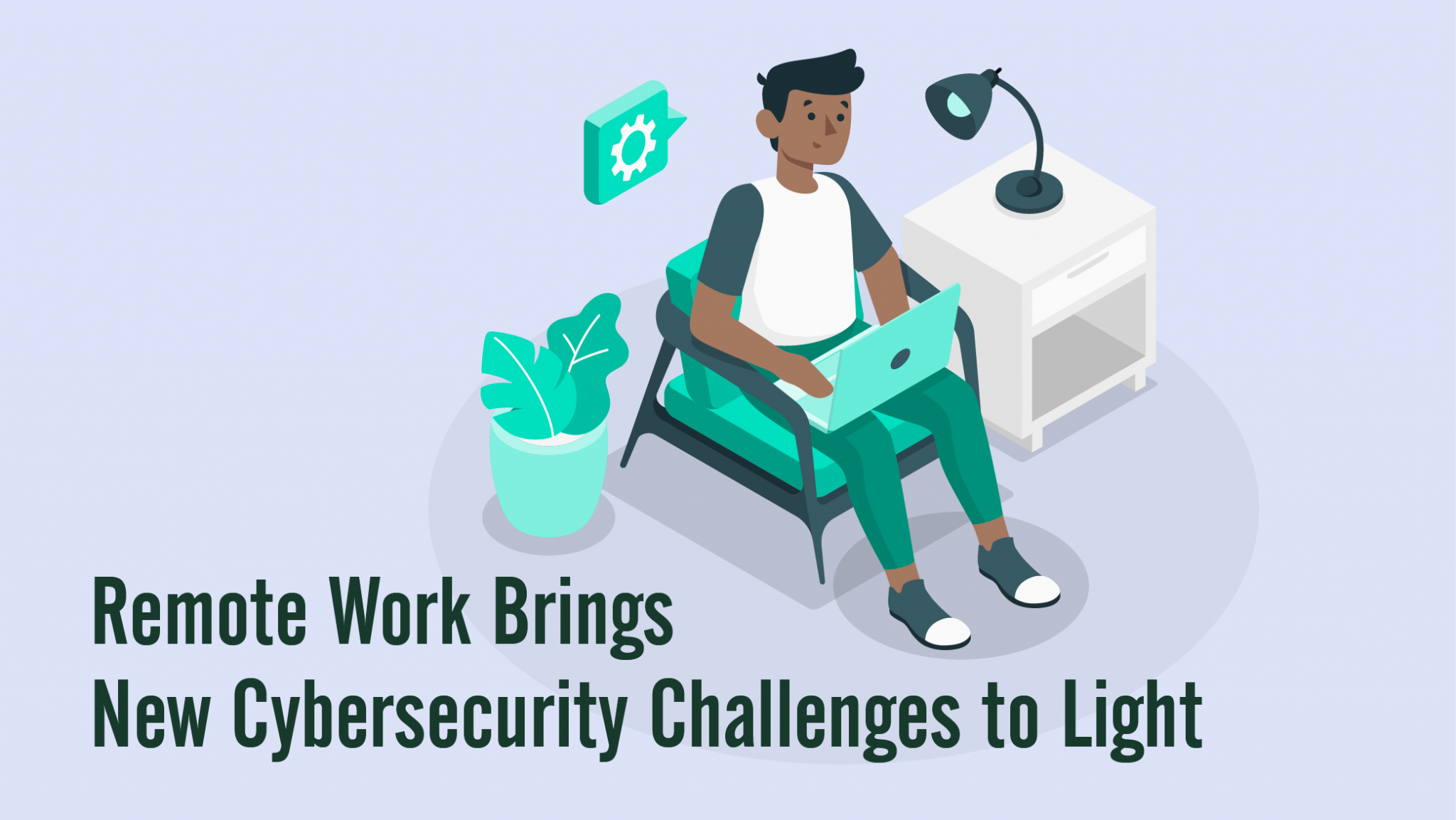
Cybersecurity threats are on the rise as remote work continues. Learn more about combating information security threats.
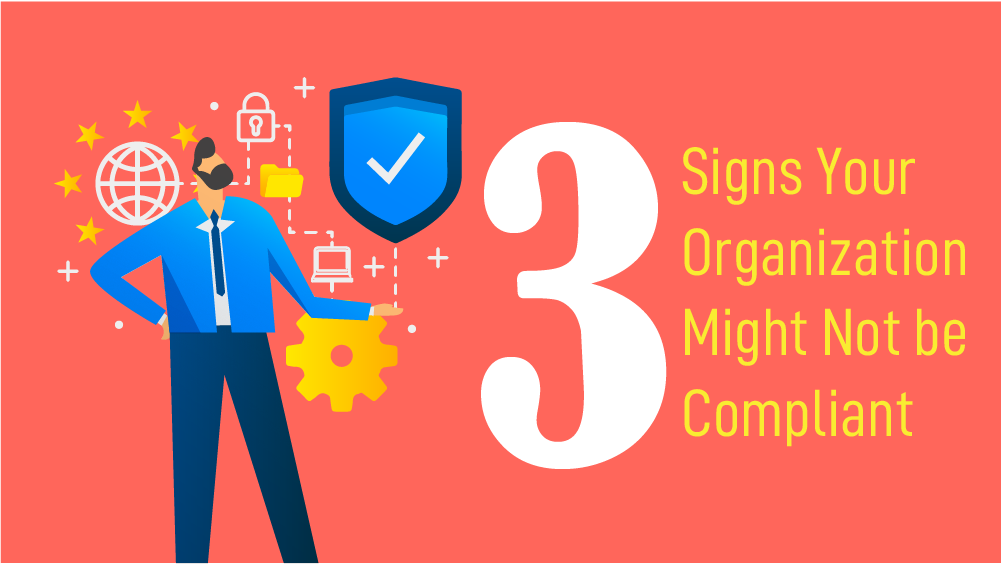
Keep your compliance strategy up to date by looking out for three warning signs that you may not be not be handling data in a compliant way.

The National Archives and Records Administration (NARA) has made electronic record-keeping a priority. See how their goals can be applied to your business.

Companies are splitting their workforce between the office and remote work making it even more important to consider the effect your staff can have on compliance.

The Federal Government now recognizes that paper records can be a hindrance to agility and efficiency, particularly with the exponential growth of content year over year. In response, NARA has implemented the M-10-21 mandate to help the Federal Government transition to electronic record keeping.
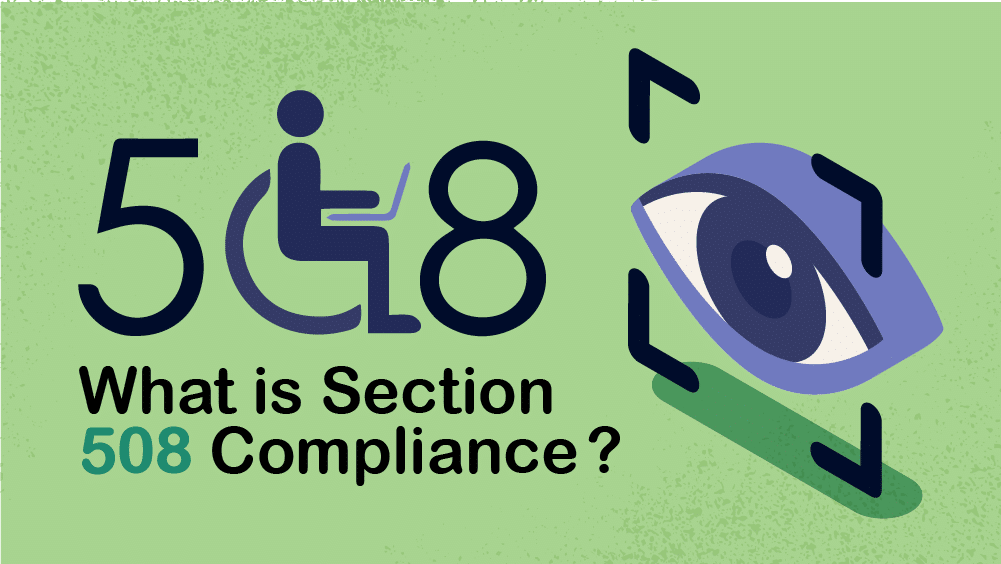
For individuals with disabilities accessibility to information, products, and technologies is still a concern. Thanks to the Americans with Disabilities Act and the Rehabilitation Act of 1973 (Rehab Act) there has been a lot of progress in preventing discriminatory practices and making shared physical spaces more accessible.
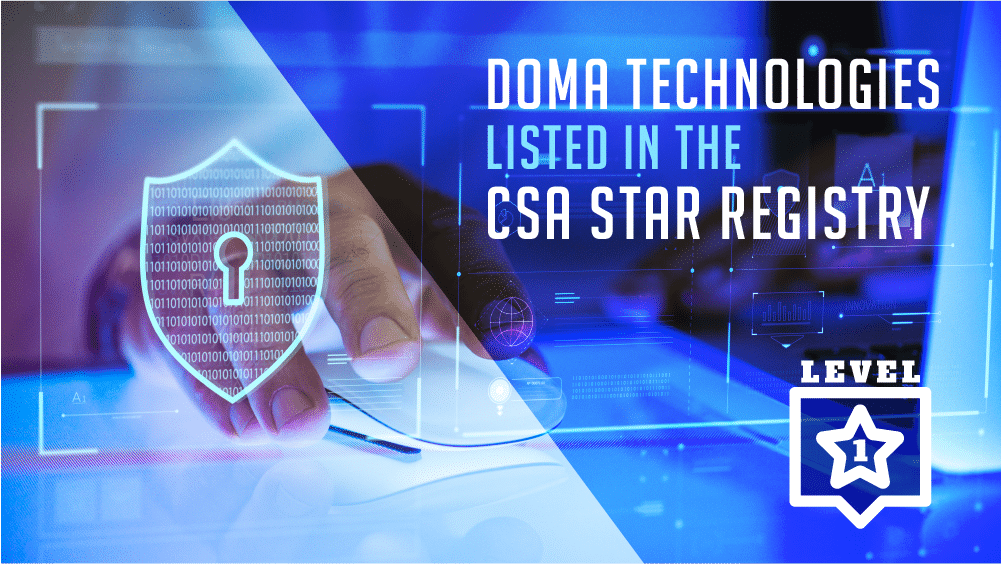
Effective December 30th, DOMA Technologies has been listed in the CSA STAR Registry. The STAR registry allows cloud providers to validate their offerings against others in the industry.

Schemes to collect and exploit this highly lucrative data are growing more sophisticated every day, but the battle isn’t lost. Protecting PII requires some forethought and the development of safe data handling habits but it’s worth the effort.

The California Consumer Privacy Act is intended to empower consumers by enhancing their privacy rights and protections. This bill affects any for-profit business that collects consumer data who has gross revenues in excess of 25 million, possesses the personal information of 50,000 or more consumers, households or devices, or earns more than half of its annual revenue from selling consumer information.



